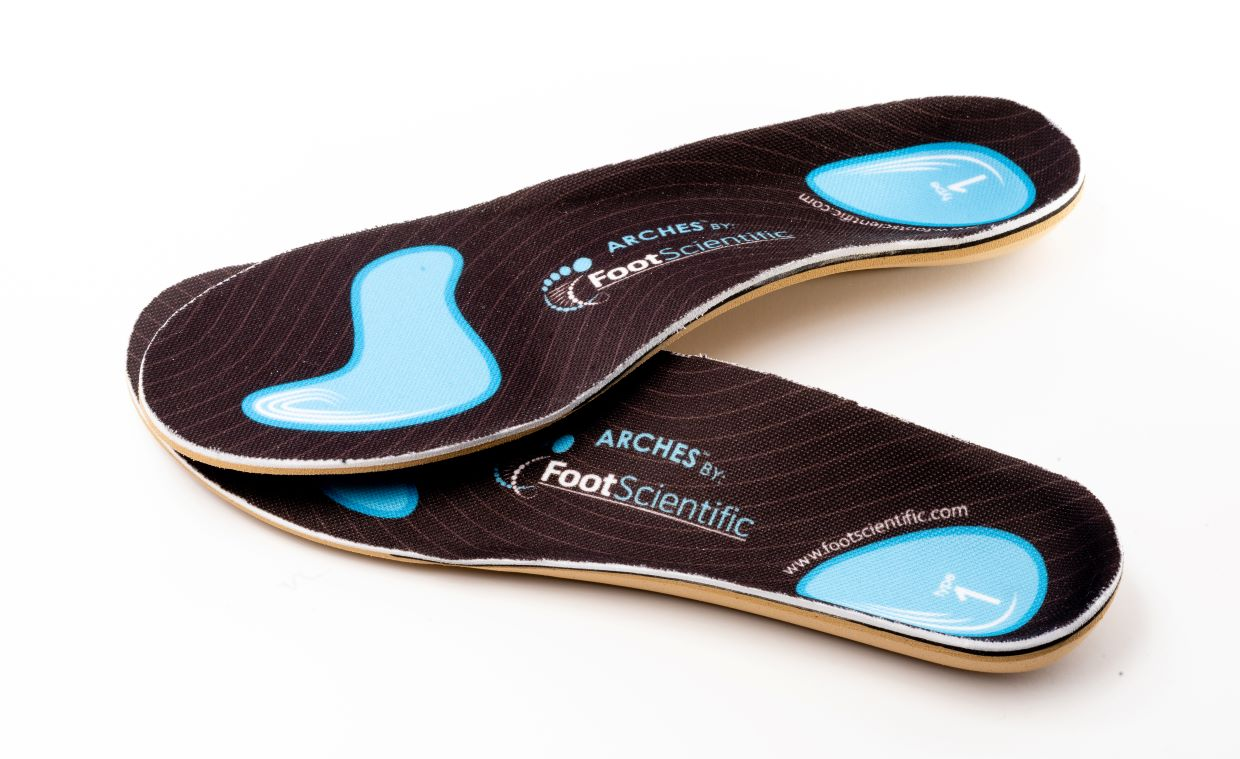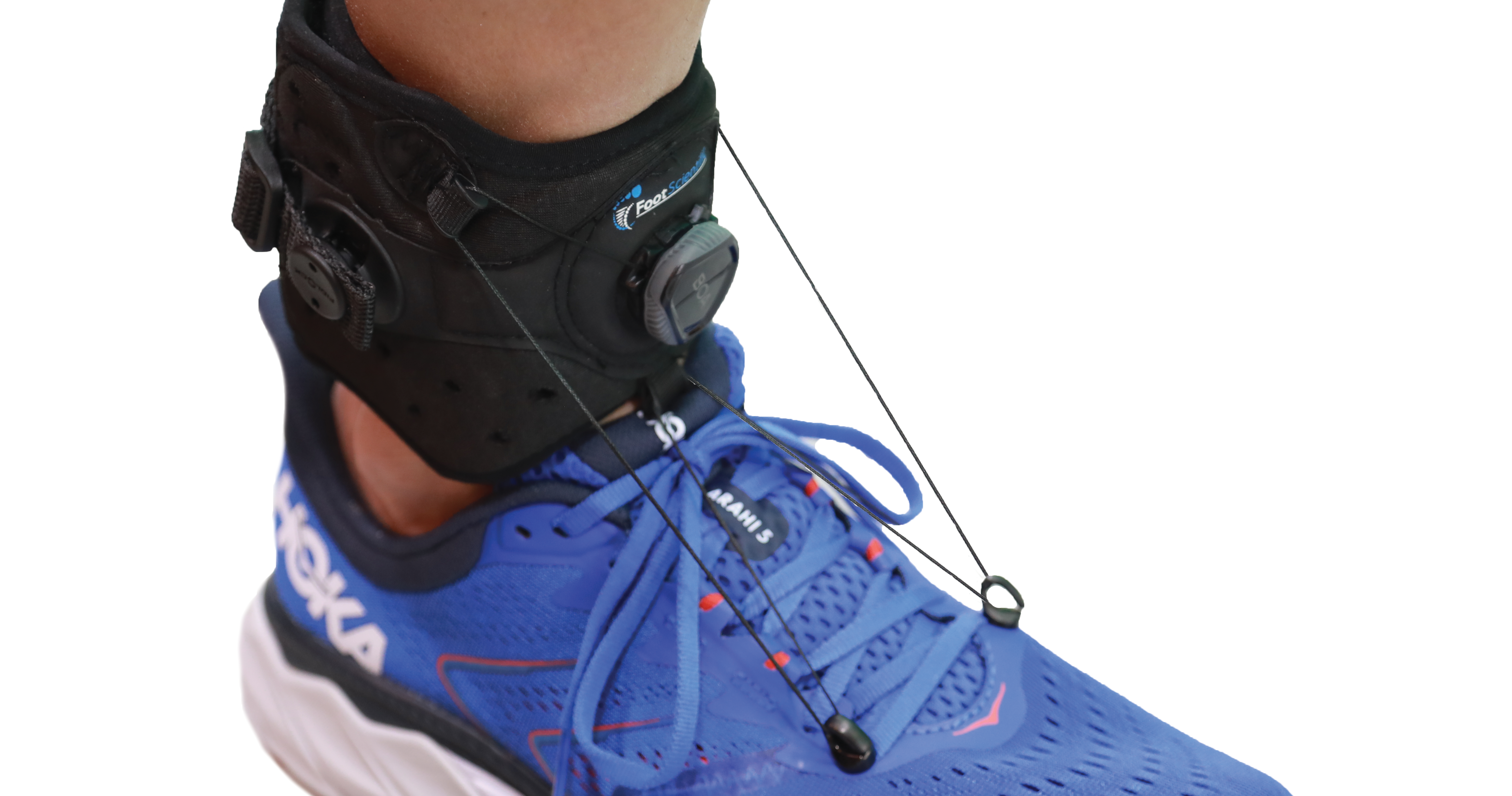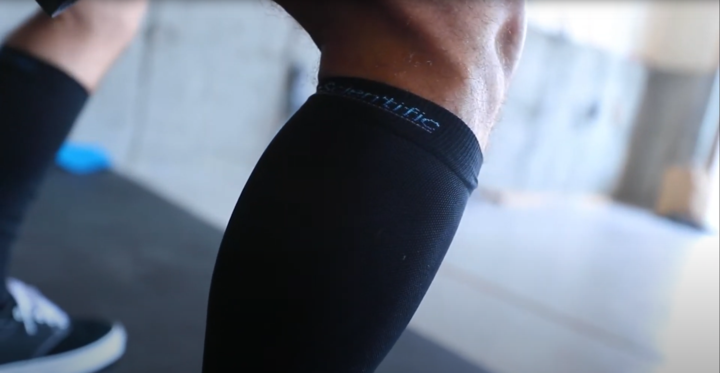Polio
Polio is a very contagious and acute viral disease marked by inflammation of nerve cells of the brain stem an spinal cord. This disease can lead to deformation of multiple parts of the body including the feet. Polio has been known to cause paralysis and death.
What causes Polio?
Polio is caused by the Poliovirus: a highly contagious virus specific to humans. The virus usually enters the environment in the feces of someone that is infected. In areas with poor sanitation the virus easily spreads through the fecal-oral route via contaminated water or food. In addition, direct contact with a person infected with the virus can cause Polio.
How do I know if I have Polio?
What are the symptoms of Polio?
Most people infected with Polio don't usually have any symptoms or become sick. When symptoms do appear there are differences depending on the Polio contracted.
Non-paralytic Polio leads to flu-like symptoms and meningitis.
Paralytic Polio will show signs of loss of muscle relfexes, severe muscle pain / spasms, and loose / floppy limbs often worse on one side of the body.
How is Polio diagnosed?
The diagnosis of Polio is clinical. Often, a spinal tap for cerebrospinal fluid (CSF) is done to help distinguish Polio from other diseases that initially have similar symptoms. Viral cultures then measure the amount of Polio antibodies within the system.
What can i do from home for Polio?
What can I do to prevent Polio?
Polio is prevented through vaccination.
What treatments can I do from home for Polio?
Treatment for Polio depends entirely upon the severity of the Polio. Only your personal doctor can offer suggestions and treatment options for Polio.
When should I see a doctor for Polio?
If you are showing any signs of Polio, you should seek medical attention immediately.
Treatments your doctor may recommend for Polio
Since there is no cure for Polio, treatment consists of treating the symptoms until the patient recovers. It can include fluids, medications, antibiotics, breathing assistance with a mechanical ventilator, and rest. If paralysis occurs, treatment may be more extensive and long-term.




